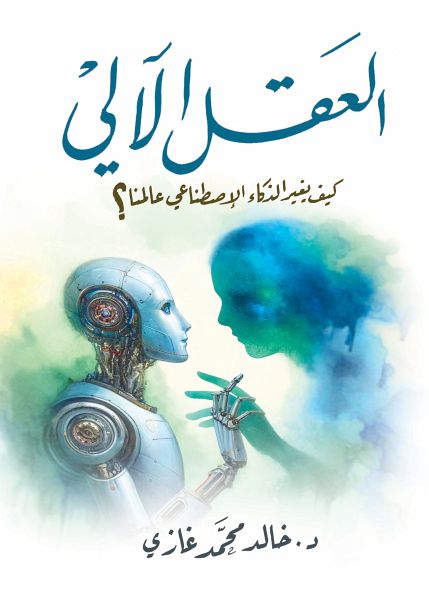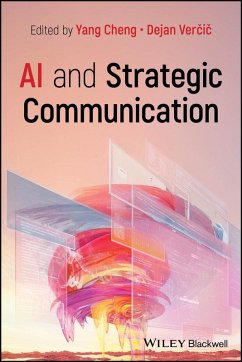
Automated mind. How does AI change our world? (eBook, ePUB)
Sofort per Download lieferbar
8,49 €
inkl. MwSt.

PAYBACK Punkte
0 °P sammeln!
The robotic mind, or what is known as artificial intelligence, is not just a recent scientific achievement; Rather, it is the fruit of decades-long philosophical and scientific heritage, spanning more than two thousand years of ideas and theories related to understanding perception and learning processes, in addition to four hundred years of progress in mathematics that laid the foundations for pivotal theories in logic, statistics, and computer science. This ancient legacy forms the basis of modern-day machine intelligence, as this technical field seeks to develop systems that have capabiliti...
The robotic mind, or what is known as artificial intelligence, is not just a recent scientific achievement; Rather, it is the fruit of decades-long philosophical and scientific heritage, spanning more than two thousand years of ideas and theories related to understanding perception and learning processes, in addition to four hundred years of progress in mathematics that laid the foundations for pivotal theories in logic, statistics, and computer science. This ancient legacy forms the basis of modern-day machine intelligence, as this technical field seeks to develop systems that have capabilities similar to human intelligence, drawing on principles from computer science, mathematics, psychology, philosophy, and neuroscience. Thanks to its enormous potential for learning and adaptation, it plays a central role in improving living standards across a wide range of fields. This progress is a driving force towards a future full of innovations. The book details how to build intelligent electronic models capable of learning independently by absorbing information, carefully analyzing data, and extracting relationships to provide informed decisions and interactions appropriate to the challenges at hand. However, the author sets out to discuss the ethical challenges and risks arising from the increasing reliance on these technologies. It examines how these risks could result in fundamental transformations not only in the physical structures of our societies but also in behaviors and beliefs, potentially threatening the essence of human privacy.
Dieser Download kann aus rechtlichen Gründen nur mit Rechnungsadresse in A, B, BG, CY, CZ, D, DK, EW, E, FIN, F, GR, H, IRL, I, LT, L, LR, M, NL, PL, P, R, S, SLO, SK ausgeliefert werden.













